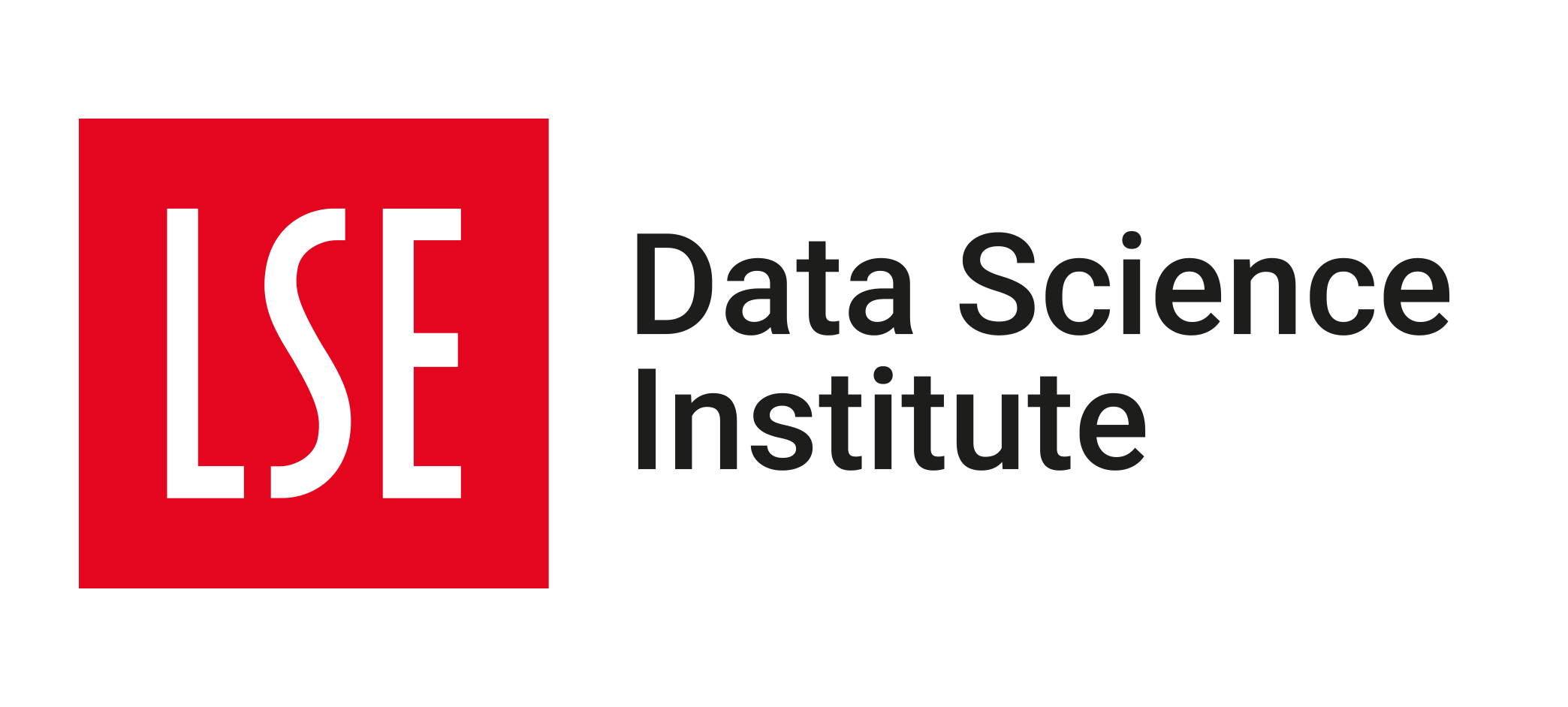🔖 Week 01 - Appendix
DS202 - Data Science for Social Scientists
Indicative Reading
This week’s indicative reading: (James et al. 2021, chaps. 2, 2.1–2.2)
Recap
Need to recap probability and statistics concepts? Check the suggested readings below:
- (Warne 2018, chaps. 1-3,5,6,11-12)
- (Gelman, Hill, and Vehtari 2020, chaps. 1–4)
- If you are a PBS student, you can revisit the content of PB130 (MT3, MT4, MT8-MT11)
Recommended (additional) reading
What are different ways one can approach a modelling problem?
Checkout the upcoming book ‘Modeling Mindsets’ (Molnar 2022, chaps. 2–3) (it’s free to read online) to learn about the traditional frequentist statistics vs Bayesian statistics vs Machine Learning approaches.
The following twitter thread also summarises the main points of these different paradigms:In a perfect world, you could effortlessly switch between modeling mindsets (statistics, machine learning, causal inference, …).
— Christoph Molnar (@ChristophMolnar) August 30, 2022
Realistically, you only have time to master a few mindsets.
So what to do? A thread 🧵
LSE Digital Skills Lab
LSE Digital Skills Lab offers R and python workshops during Term time and they will also give DSI students access to self-paced programming courses via Dataquest.
Follow the links below to take the pre-sessional self-paced courses:
Also, keep an eye on the following pages for news of the in-person workshops:
Other resources
- Checkout this summer’s LSE Careers Skill Accelerator programme. Some of the self-paced courses will remain open to LSE students until the end of the year.
Ready to develop the key skills employers are looking for in 2022?
— LSE Careers (@LSECareers) June 9, 2022
Join this summer's LSE Careers Skills Accelerator programme to expand your skillset!
⭐Apply on CareerHub by 11.59pm, Wed 15 June for your chance to join the programme⭐https://t.co/J5sI1NRaMA
- The book R for Data Science is free to read online and is a great resource to advance your R skills.
